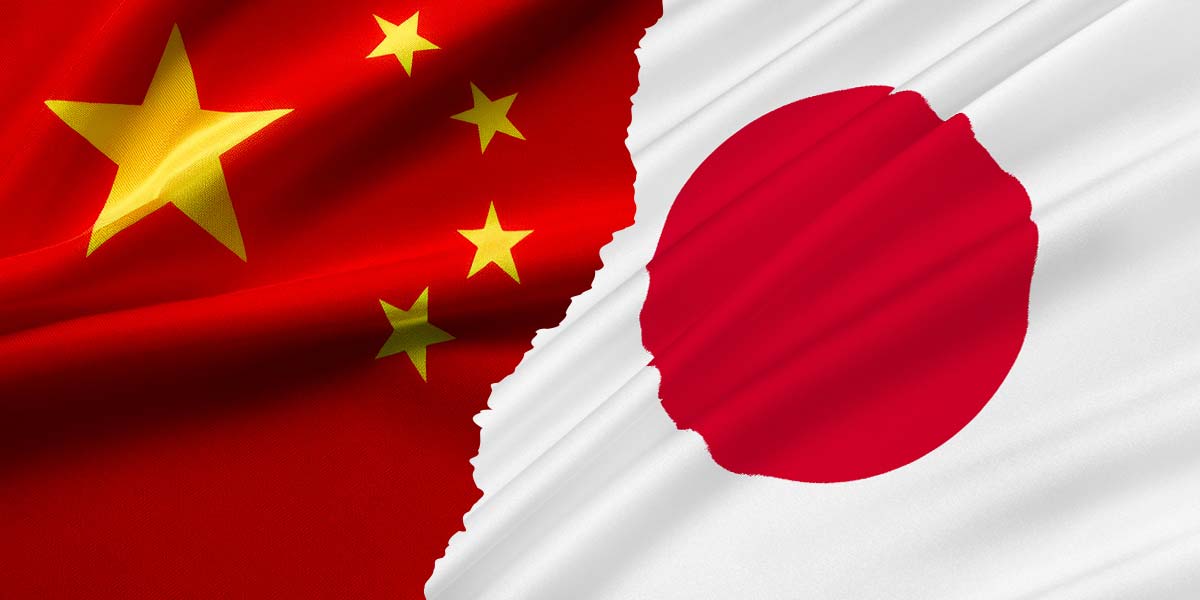According to economists at Goldman Sachs Group, mounting strains in the relationship between China and Japan could trim roughly 0.2 percentage points from the GDP growth of the world’s fourth-largest economy if declines are seen in tourism and the export of consumer goods to the Chinese market.
The assessment draws on the impact observed during China’s dispute with South Korea over the THAAD missile defense system in 2016 and 2017, and considers the risk that current China-Japan friction could be prolonged.
Tensions escalated in November following comments by Prime Minister Sanae Takaichi, who suggested that a Chinese move to seize Taiwan could constitute a “survival-threatening situation” for Japan—language providing legal grounds for Tokyo, possibly alongside the United States, to take military action. China, in response, accused Takaichi of interfering in its domestic matters, demanded a withdrawal of her statement, and put on retaliatory measures against Japan.
A 50% decrease in visitors from mainland China and Hong Kong would weigh directly on growth by 0.2 percentage points, Goldman Sachs economists Tomohiro Ota and Yuriko Tanaka wrote in a recent note.
However, this negative effect may be partially offset by increased arrivals from other countries and greater domestic travel, reducing the anticipated impact to a net 0.1 percentage point decline, according to the report.
Meanwhile, any Chinese restrictions on Japanese consumer goods exports would likely impose an additional 0.1 percentage point reduction in growth. If those measures were broadened to encompass nonconsumer goods, the potential GDP drag could be several times greater, the economists cautioned.
The downside risk would be exacerbated should Beijing impose controls on rare earth exports to Japan, they added, though this scenario was not included in their base case projections.





